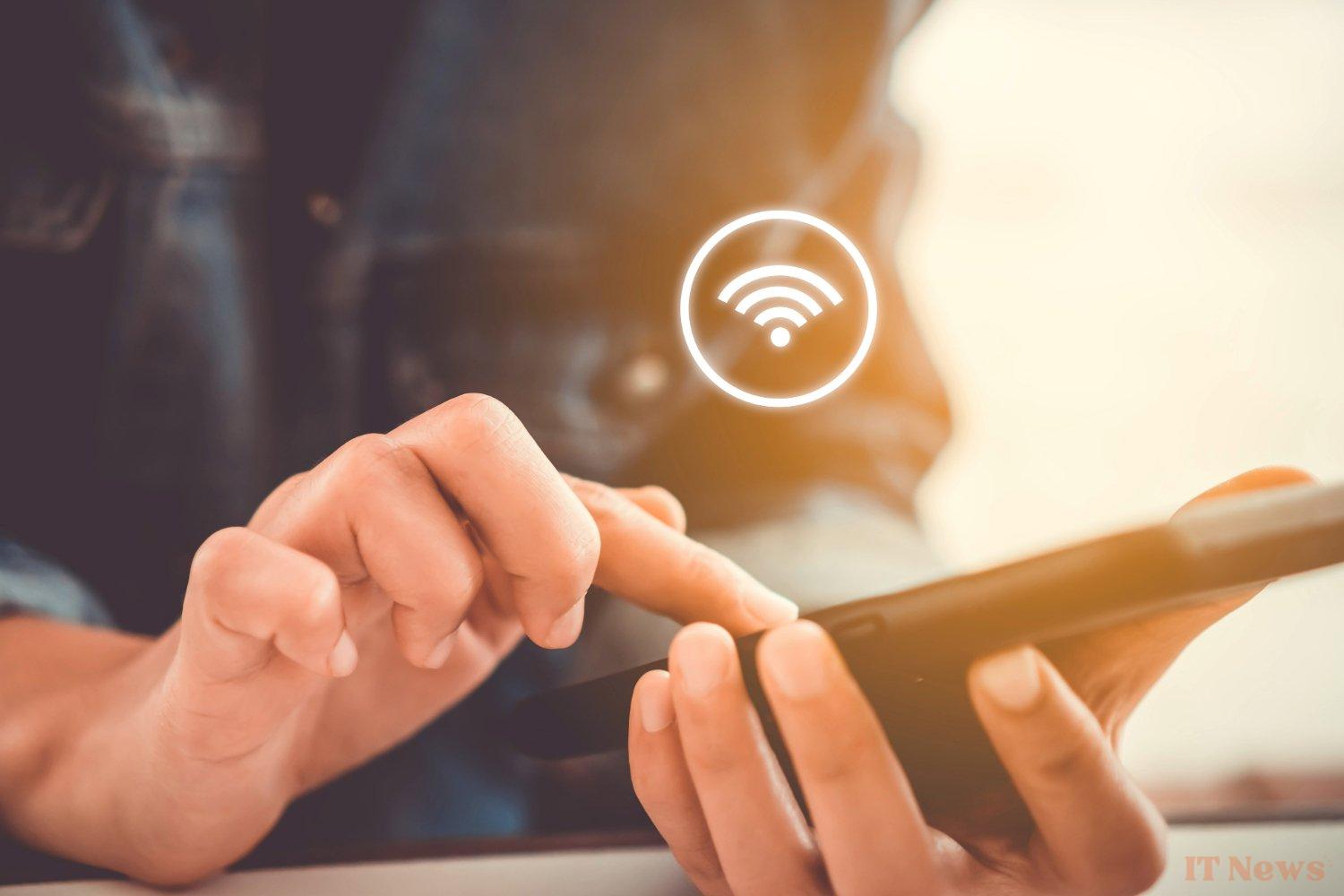In today's ultra-connected digital world, the security of our personal data has become as important as that of our homes. Wi-Fi might not be the first thing that comes to mind when it comes to data security threats. However, it is widely used by cybercriminals to access sensitive data.
Leaving your Wi-Fi on while traveling outside the home exposes you to several risks.
Risks of Public Connections
Most public networks that offer Wi-Fi are not highly secure. These networks can make your information visible to other users and make it easier for cybercriminals to do their job. There are several ways hackers can use these networks to access your data:
Man-in-the-middle (MITM) attacks
A man-in-the-middle attack is a form of cyberattack where a hacker intercepts communication between two parties without their knowledge. The hacker places himself between the two parties (hence the term “man-in-the-middle”) and can then listen in, modify, or manipulate the data exchanged. This type of attack can occur on public Wi-Fi networks, where encryption and security are not always guaranteed.
Malicious networks
Sometimes, the hacker sets up a fake public network themselves that does not necessarily require a password. This network often takes a name similar to that of the official Wi-Fi of the location in question (the airport, for example). Once the user connects to the fraudulent WiFi network, the hacker is in a position to intercept all traffic between the user and the internet. This includes websites visited, login information, credit card data, personal messages, etc.
Automatic connection: a potential danger
Current smartphones all have the ability to automatically reconnect to WiFi networks already in use. While convenient, this becomes a major risk if the phone attempts to automatically join a network without your permission.
Best practices to avoid the danger
WiFi is certainly an excellent option for avoiding using a 4G or 5G data plan, especially when you want to download or view large files. To minimize the danger on public networks, here are some best practices:
Disable automatic connection
As mentioned above, it is recommended to disable automatic connection to ensure you don't unknowingly connect to potentially dangerous networks.
Use a VPN
The main problem with public Wi-Fi connections is their lack of encryption. To solve this problem, you can use a VPN. A VPN (Virtual Private Network) is a service that creates a secure, encrypted connection over a less secure network, such as public Wi-Fi.
VPNs scramble your personal information, so that without the proper decryption key, it cannot be read. If you regularly use public Wi-Fi hotspots, we strongly recommend using a VPN to make your data less accessible.
Don't connect to sensitive sites
If you do decide to use a public Wi-Fi connection, avoid sites that require password access, such as social media or your online banking.
Hackers know that many people use the same passwords for multiple sites. Sometimes, they only need information from one site to access all your sensitive data, including your banking information, social media, and even your crypto wallet.
Only use HTTPS
HTTPS (Hypertext Transfer Protocol Secure) is a secure version of HTTP, the protocol used to transfer data on the web. It adds a layer of security to HTTP and encrypts communications between your browser and the web server. When browsing the internet on a public network, make sure you only visit sites that use this protocol. To check if you're on a secure site, check the website's URL. It should start with "https://".
Keep your apps up to date
Make sure your apps are always up to date. Updates often fix security vulnerabilities that were discovered in previous versions of your apps.
These vulnerabilities can be exploited by hackers to carry out attacks. By installing updates, you close these potential access points that hackers could otherwise use to compromise your devices and data.
To always be on the latest versions of your apps, you can enable automatic updates. This can be done via the iPhone settings in the “App Store” section or in the Google Play Store settings on Android.
Completely disable your phone's Wi-Fi when you leave the house
The best solution remains the simplest: disable your phone's Wi-Fi and prioritize internet access through your mobile phone's connection sharing, or “hotspot.” This way, you will have a secure connection dedicated to your use. Be sure to use a strong password to ensure no one can connect to your hotspot.



0 Comments